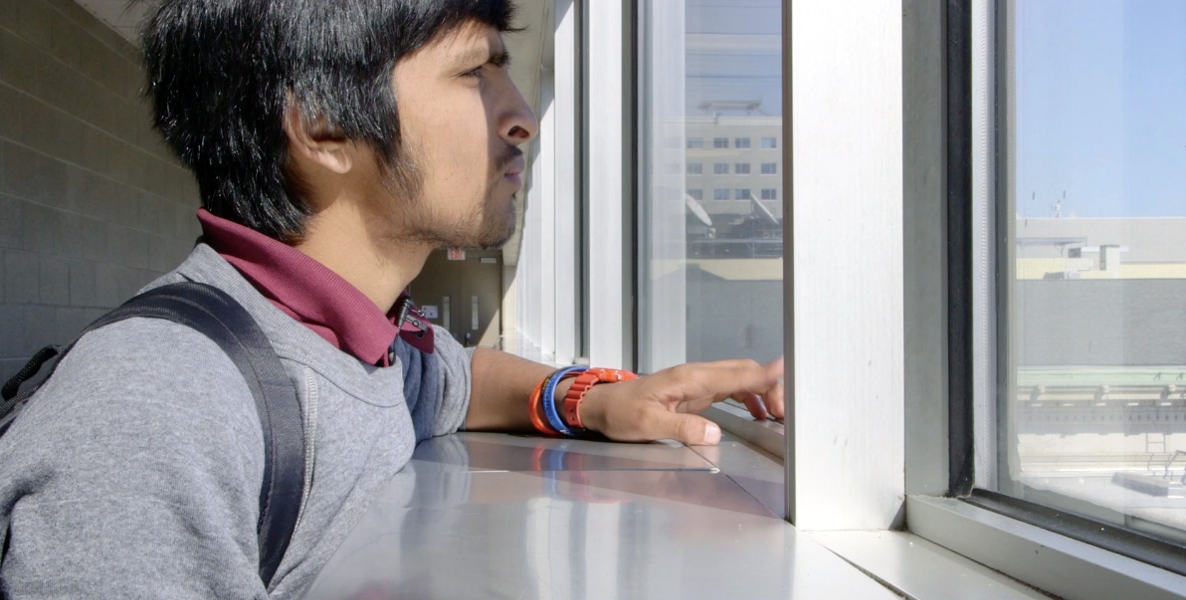According to the United Nations High Commissioner for Refugees, 59.5 million people were displaced in 2014, the highest number ever recorded. This summer, we heard of millions of Syrian refugees risking their lives to get to Europe, whether by land or sea. And last week, as Paris was shaken to its core and burying its 129 dead, a Syrian passport was found at the scene of the attacks, raising concerns that the flood of refugees is a threat to national security.
It is safe to say that the issue of refugees is on all of our minds.
As more than half the nation’s governors have declared that they will not accept Syrian refugees, Tom Wolf has responded that Pennsylvania will continue to accept them. The fact of the matter is that Pennsylvania, and specifically Philadelphia, is not new to this. Pennsylvania consistently ranks as one of the states that accept the highest number of refugees. About 800 are resettled in Philadelphia alone each year.
That means 800 people come to our city every year to escape various forms of persecution and violence in their own home countries. And here in Philadelphia, many of them become Americans.
Of the 58,000 refugees that came to America in 2012, the largest population—15,000—were from Bhutan, where the Buddhist monarchy pushed out ethnic Nepalese who have lived there for generations. Pennsylvania accepted the largest number of these refugees, about 2,000. Many of them are in Philadelphia.
When Ghanashyam Guatam became an American citizen, five years after he arrived in America as a child, it was the first time he truly belonged to any country. He was born in a refugee camp in Nepal after his family was expelled from their native Bhutan for being ethnically Nepalese Hindus in predominantly Buddhist Bhutan. Ghanashyam and his friends from the camp, Chandra and Govinda, had never used a refrigerator until they moved here. These are the types of transitions that newly settled refugees face every day when they come to America.
Ghanshyam wanted to go to college, just like many American high school students. But it seemed almost impossible to overcome the obstacles against him: a struggling Philadelphia school system, no one in his family with knowledge of the college process, and not enough money to pay application fees and tuition even if he was accepted.
The story of Ghanashyam, Chandra, and Govinda is one of pursuing the American dream. Thousands of refugees in Philadelphia are already trying succeed in this brand new world. And they are not the only ones that benefit. As the number of foreign born Philadelphians has almost doubled since 1990, research shows that immigrants are responsible for running 28% of small businesses and contribute significantly to economic growth in neighborhoods that were previously struggling.
Given the state of the world today, more and more refugees are going to arrive here. Their stories are Philadelphia’s stories.



